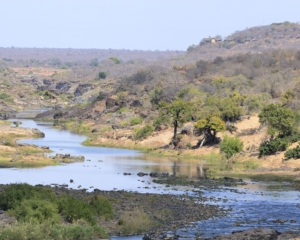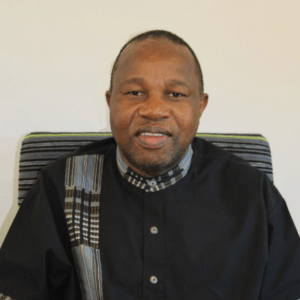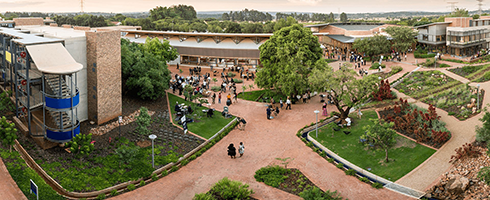You are here: Home1 / Challenge Domains2 / Sustainability Transformations in Africa3 / Land, loss and legacy: can South Africa’s natural heritage ever be sha...
Land, loss and legacy: can South Africa’s natural heritage ever be shared?
Opinion Piece by Prof Maano Ramutsindela and Dr Clarietta Chagwiza
South Africa is endowed with breathtaking landscapes and protected areas that make nature itself a living heritage. But is it our common heritage? The answer is yes and no.Yes, in the sense that nature belongs to all South Africans. We inherited the landscapes and knowledge of nature from previous generations, and these landscapes have been shaped by natural systems as well as the people and animals that have traversed them. However, nature is not yet our common heritage because efforts to protect and manage it have led to intergenerational trauma.
Protected areas like the Kruger National Park were created through the forced removals of black people, with huge losses to their attachment to the land. Conservation efforts disrupted indigenous cosmologies and ecological knowledge, leading to alienation and disorientation. The land claims lodged in the country’s protected areas and private nature/game reserves have not fully addressed this trauma.
These tensions resurface every year when we reflect on what heritage means in multicultural societies and how it should be celebrated. The 2025 Heritage Month theme: “Reimagine Our Heritage Institutions for a New Era”, offered one such moment. However, the debates it raised remain urgent far beyond September.
Although this theme called for reflections on our heritage, there was still much talk among meat lovers – backed by supermarkets – about the braai as “our common heritage”. However, there was something different this year: environmental considerations were visible in speeches and activities.
The speech by Deputy President Paul Mashatile sought to align the theme of Heritage Day with South Africa’s Presidency of the G20 priorities of solidarity, equality, and sustainability.
The term sustainability can be interpreted from different angles, but at its core are life-supporting systems that depend on the health of the environment. Across the country, various organisations and government agencies celebrated heritage, each adding its own creative touch to the event. On the environmental front, the spotlight was on creating awareness on climate change and environmental threats to heritage through the “One Million Trees on Heritage Day” campaign. The campaign forms part of the Ten Million Trees Programme launched by President Cyril Ramaphosa to plant 10 million trees over five years through the Department of Forestry, Fisheries and the Environment’s National Greening Programme.
The One Million Trees Campaign and the broader 10 Million Trees Programme are greening initiatives that give effect to existing South African legislation and policy responses to climate change. For instance, the National Forest Act of 1998 (Act No. 84 of 1998) recognises the importance of trees and woodlands for biodiversity, livelihoods, and heritage. Environmental organisations such as the World Wide Fund for Nature South Africa (WWF SA) and South African National Parks (SANParks) are championing campaigns that advocate for natural landscapes as part of heritage, including indigenous knowledge.
During the week of 22-28 September, SANParks offered all South African citizens free access to most of the 21 national parks for day visitors to encourage them to explore their natural heritage. This resulted in the Kruger National Park experiencing unprecedented visitor demand during Heritage Day. These are promising gestures. But they also highlight the gap between symbolic celebration and the deeper challenges of making the environment a truly common heritage.
A truly common natural heritage will only be achieved when all citizens of this country feel that the landscapes, the wild animals, plants, are public goods and services; the commons. The task at hand is turning our natural heritage into the commons.
Several approaches are required for achieving this goal, but they all depend on three critical conditions: ownership of natural resources, joint management rather than co-management of natural resources, and sustainable and fair beneficiation frameworks backed by legal instruments.
Our natural heritage cannot, and should not, be limited to events, ad-hoc environmental planning exercises, or restrictive land reform programmes. Instead, it should become our collective identity, a force that enjoins us to live with and protect the natural environment.Our heritage connects us to the past, transforms our present, and promises a future worth striving for.
Authors:
Maano Ramutsindela is a Professor of Human Geography at UCT and holds the Future Africa Research Chair in Sustainability Transformations (a joint initiative of the University of Pretoria and the University of Cape Town)
Clarietta Chagwiza is a Senior Postdoctoral Fellow in Sustainability Transformations at Future Africa, University of Pretoria. She holds a PhD in International Development Studies from Radboud University Nijmegen (the Netherlands)





